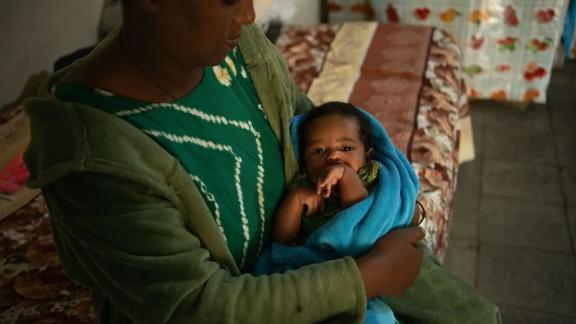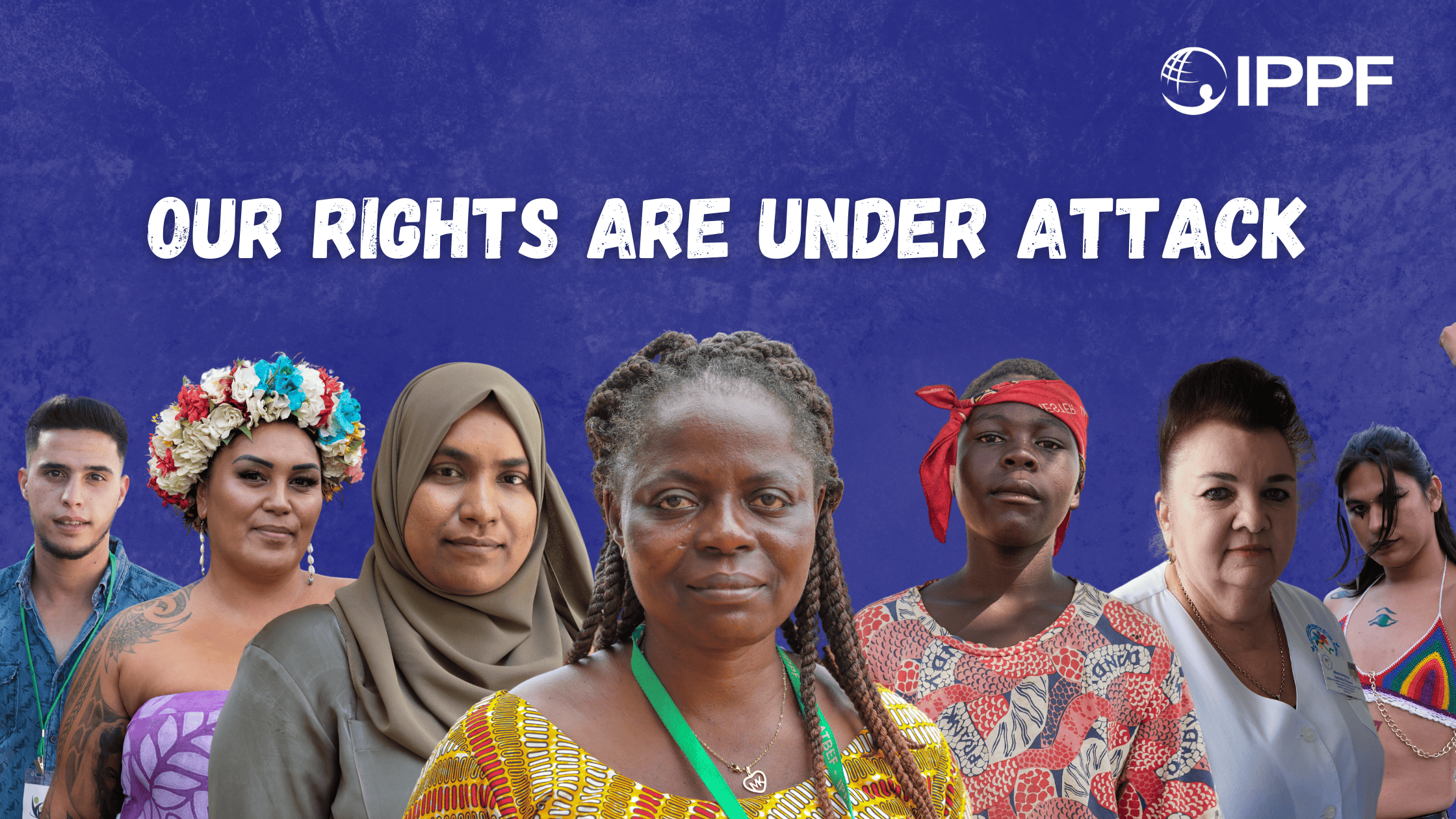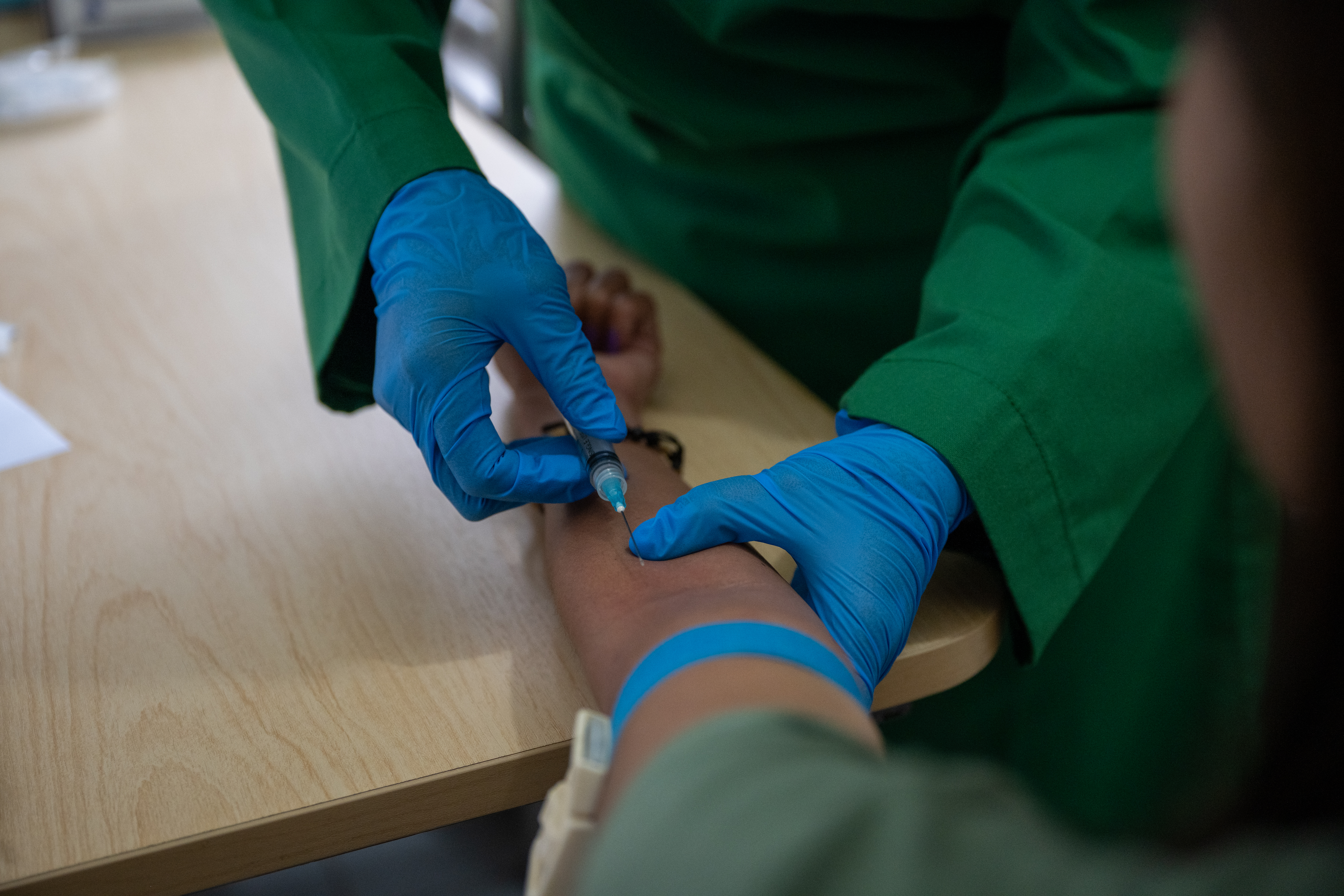Haz click aquí para leer este posicionamiento en español.
8 April 2025 – A new global survey of partners conducted by the International Planned Parenthood Federation (IPPF) has revealed the widespread impact of the Trump Administration’s funding cuts, putting essential sexual and reproductive healthcare at risk for millions worldwide.
From the responses received, the findings show:
- 72 Member Associations and Collaborative Partners (62%) currently receive funding from one of the affected sources. Of those that receive core funding from IPPF, over half (57%) are facing funding cuts. This indicates that a significant majority of IPPF’s partners are facing disruptions, impacting access to essential sexual and reproductive health services worldwide.
- 156 critical healthcare projects are either already terminated or at risk.
- At least $85.2 million in funding is directly affected or already cut.
- 1,737 staff members across affected organisations could lose their jobs or already have.
- 3,961 service delivery points, including clinics and mobile units, are at risk of closure or have already closed.
- 8.5 million people could lose access to lifesaving SRH services.
These funding cuts are expected to have severe consequences on people’s lives for the communities we serve. If all funding at risk is indeed cut, IPPF estimates this will result in an additional 3,844 maternal deaths, over 3 million unintended pregnancies, and 756,010 unsafe abortions. These impacts will also place a heavy financial burden on national health systems.
The impact of the Trump Administration’s actions is particularly severe in Africa and South Asia, where many IPPF Member Associations depend on international funding to provide contraception, maternal healthcare, and HIV prevention services.
In Malawi, U.S. funding cuts will slash nearly half of the Family Planning Association of Malawi (FPAM’s) 2025 budget, jeopardising 27% of sexual and reproductive health services. Over 172,000 clients risk losing access, 211 clinics and 27% of staff are under threat, and community trust is on the line. Donald Makwakwa, FPAM’s Executive Director, warns: “Women and girls are being cut off from vital, time-sensitive SRHR services—putting them at greater risk of unintended pregnancies and HIV. This threatens not just health, but the trust we’ve built in our communities.”
In Togo, the Association Togolaise Pour Le Bien-Etre Familial (ATBEF) faces an estimated $8.2 million funding gap and over 50% of the organization’s annual budget is at risk. The cuts impact two major projects that had been supported by USAID and UNFPA, putting over 231,000 clients at risk of losing access to services. ATBEF has also been unable to meet commitments made to the Togolese Ministry of Health, disrupting national healthcare plans.
In Afghanistan, the Afghan Family Guidance Association (AFGA) is confronting the suspension of vital projects supported by USAID and UNFPA, threatening 38% of its SRH services and putting 250 staff members out of work. The closure of 18 family health houses and 15 mobile clinics is already limiting access to maternal and reproductive healthcare, particularly for women in rural and conflict-affected areas who have no alternative options.
In the United States, independent reports outside of this survey indicate that the Trump Administration intends to freeze funding for affordable contraception and reproductive health care for low-income individuals who rely on Planned Parenthood health centers.
To address the immediate crisis, IPPF has launched a Harm Mitigation Task Force to assess the evolving situation and provide emergency funding to its most affected Member Associations and Collaborative Partners. The first round of grants will be issued in April 2025, in an effort to ensure that critical healthcare services and access to life saving health commodities can continue.
“We will not allow political decisions to determine who can and cannot access healthcare,” said Dr. Alvaro Bermejo, Director-General of IPPF. “At IPPF, we are doubling down. We are a resilient Federation with a long history of overcoming challenges. Our focus now is on mitigating harm, mobilising new resources, and ensuring that people who rely on us for care are not left behind.”
For media inquiries, please contact: [email protected]
To support our Emergency Fund for IPPF Member Associations and Collaborative Partners most impacted by the funding cuts, click here.
NOTES
- In February 2025, IPPF launched a survey to hear from its Member Associations and Collaborative Partners about the impact of the actions of the Trump administration. We asked them about programmes cancelled both from direct US sourced funds and indirectly through other impacted sources as well as the effect this would have on their staff, service delivery points, clients served, and SRH commodities.
- The survey was completed by 117 of IPPF’s 158 Member Associations and Collaborative Partners.
- IPPF will do a follow-up survey in mid-2025 to assess ongoing impacts, acknowledging that the situation is changing rapidly.
- Through the survey process, the value reported by MAs and CPs of their current funding affected is at least $48.8 million. This includes funding already lost or funding at risk across affected sources. There is a further $20.9 million in 44 pending proposals that now won’t come to fruition. Additionally, the IPPF Secretariat stands to lose $15.5 million in contracted work. Altogether, IPPF’s total estimated funding affected is $85.2 million.
when
US Administration Impacts - April 2025

Women and girls are being cut off from vital, time-sensitive SRHR services—putting them at greater risk of unintended pregnancies and HIV. This threatens not just health, but the trust we’ve built in our communities - Donald Makwakwa, FPAM’s Executive Director














